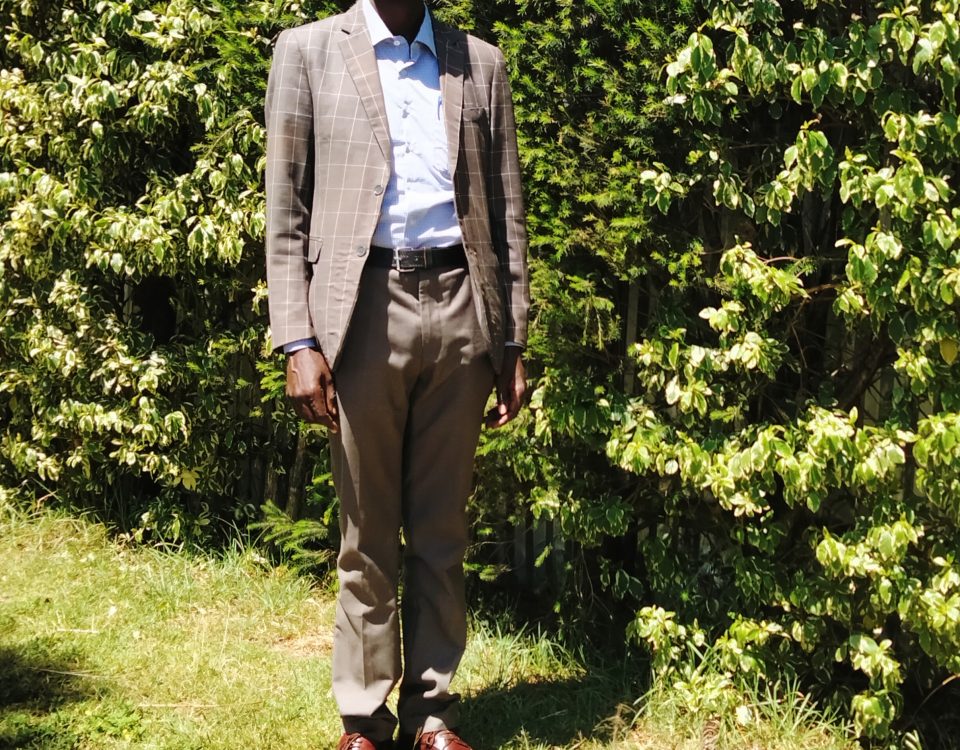The Greatest Olympian – Introduction (Part One) Sporting Legacy
The Zambian Connection
July 17, 2021The Greatest Olympian – Introduction (Part Two) Crimes and Principles
August 11, 2021The Greatest Olympian – Introduction (Part One) Sporting Legacy
By Satish Sekar © Satish Sekar (August 5th 2021)
The Greatest?
The 32nd Olympic Games of the modern era is underway in Tokyo – nearing its end actually. It is the first to face the challenge of the Coronavirus Pandemic. The Olympic Games is now the greatest sporting event on earth – it wasn’t always that way. But who is the Greatest Olympian and why?
This is a matter of opinion, and I will give mine on the last day of the 32nd Modern Olympic Games, currently taking place in Tokyo. There is no shortage of candidates. Olga Korbut wowed the world in 1972 and Nadia Comaneci set new standards four years later. They revolutionised the sport of gymnastics. But despite acclaim for US gymnast, Simone Biles, as the greatest ever, even greater given her stance on mental health after being a high-profile victim of a paedophile, Larry Nassar, the top medallist in gymnastics the former Union of Soviet Socialist Republics produced the record holder.
Longevity, Consistency and Dominance
Larisa Latynina with 18 – six in each Olympiad that she competed in between 1956-64. The octogenarian proudly boasts nine gold medals – the most of any gymnast female or male.
The late Al Oerter dominated the discus, winning four consecutive Olympic titles between 1956-68. Jesse Owens won four gold medals in Berlin’s Olympic Games against a hostile environment. The late King of Sweden proclaimed Native American athlete, Jim Thorpe, ‘the greatest athlete in the world.’ Thorpe was stripped of his titles, against the rules of the Olympic Games. His medals were returned posthumously.
Mark Spitz was a world record holder in 1968. He anticipated a huge haul of gold medals. He had targeted six in México City’s Olympic Games, but he disappointed himself, winning just two relay golds. His performance at the tragic Olympic Games in Munich remains unforgettable. He won seven gold medals to add to the two he won in relays four years earlier, matching Latynina’s tally of gold.
Human Rights and the Olympics
Like South Korea twenty years later, Méxicans wanted political freedoms more than the Olympics. Both countries’ military cracked down on dissent. México City’s Olympiad was marred by racism and human rights abuses and strong protests. Just before the Games, the Tlatelolco Massacre disgraced México and the IOC whose controversial leader, Avery Brundage, misjudged the mood badly before and during the Games.
South Korea had protests too – the Olympics did not matter as much as freedoms and human rights. Such dissent was suppressed – in México it was despicable, but now the performances and protests by athletes – good for them – have eclipsed a massacre delivered to bring the Olympic Games to a country that did not want the Olympic Games as much as they wanted basic rights.
The late Lee Evans not only broke the world record but stood up for human rights. His stand deserves respect too and not just in 1968 or México. Evans campaigned for justice throughout his life. He stood tall for Africa, spending the last years of his life there with his good friend Nigerian footballer, the legendary Olusegun (Mathematical) Odegbami.
Evans died last May. He is buried in Africa – his wish.
The Tlatelolco Massacre complete, the powers the Games commenced – another of Brundage’s appalling decisions, but it is remembered more for the athletes’ protests and superb performances than this despicable crime against humanity.
Lee Evans set a very impressive world record in the 400m but perhaps the greatest performance was Bob Beamon’s incredible long jump world record stood for almost 30 years, defying Carl Lewis’ efforts to crack it – Mike Powell eventually broke it, but it seemed unbeatable back in 1968.
Some complained about the altitude – what about today’s technology of specially designed shoes and tracks designed to produce faster times. How can records be compared now? How could they ever be?


